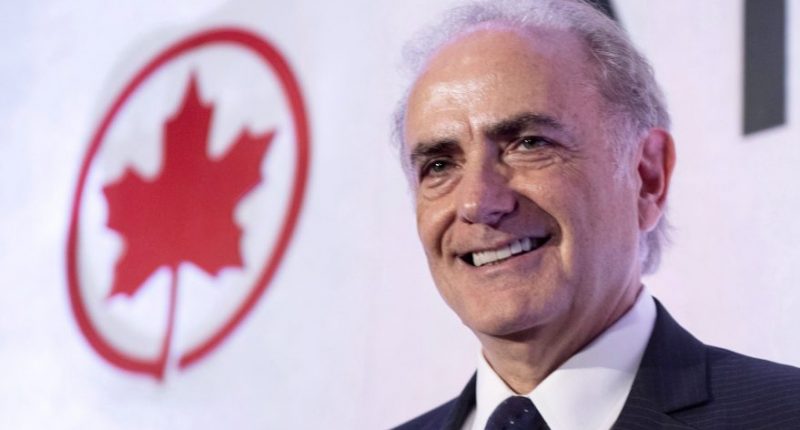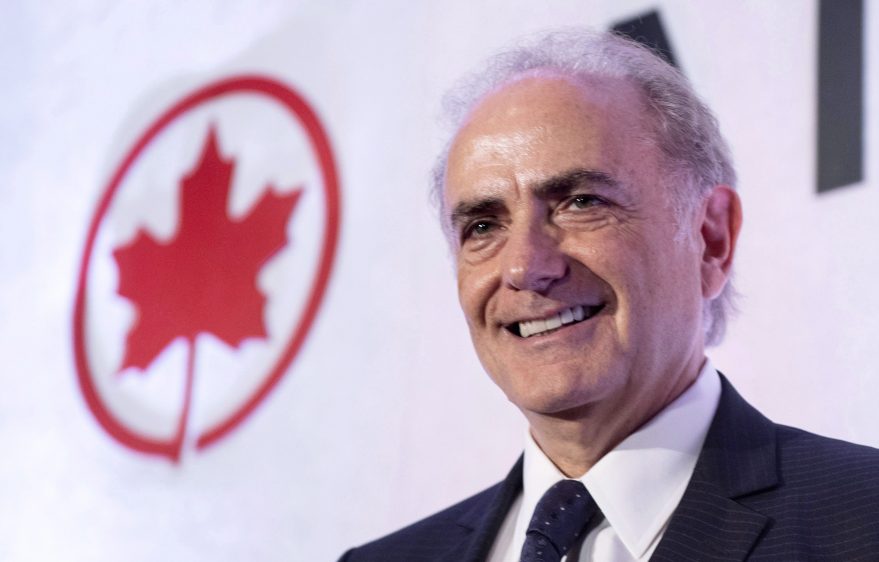- Air Canada (TSX:AC) has reported a net loss of C$1.049 billion in its first quarter, compared to a net profit of $345 million in 2019’s corresponding period
- The poor performance is due to the COVID-19 pandemic heavily restricting air travel since January, impacting the company’s ability to operate
- The company’s net cash flow was perhaps most damaged by these measures, down to just $20 million, compared to $3.13 billion in 2019’s first quarter
- To help weather the coming quarters, Air Canada has borrowed more than $1 billion and has reduced its second quarter operating capacity by 85 to 90 per cent
- Before the market opens, Air Canada (TSX:AC) is trading for $19.30 a share, with a market cap of $5.04 billion
“We are now living through the darkest period ever in the history of commercial aviation,” said Calin Rovinescu, CEO of Air Canada (TSX:AC).
Calin was addressing the company’s staggering losses in its first quarter results. Air Canada reported a net loss of C$1.049 billion and an operating loss of $433 million. This is compared to a net profit and operating earnings in 2019 of $345 million and $127 million, respectively.
Air Canada was one of the first large Canadian companies to be hit by the COVID-19 pandemic. In late January the company was forced to suspend flights to China. Weeks later, international travel became even more heavily restricted and social distancing measures further impacted the company’s ability to operate at all.
The company’s net cash flow was perhaps most damaged by these measures, down to just $20 million, compared to $3.13 billion in 2019’s first quarter.
Consequently, this is the first quarter in almost seven years that the company has not reported year-on-year growth. Air Canada estimates that it could take up to three years to fully recover and return to pre-pandemic revenue and capacity levels.
Calin went on to say that the company is prepared to weather the difficult quarters ahead.
“We expect that both the overall industry and our airline will be considerably smaller for some time, which will unfortunately result in significant reductions in both fleet and employee levels.
While it is not possible to predict the course of the pandemic globally or indeed the changes that will be required of the airline industry, our determination is to ensure that our company is positioned to emerge in the post-COVID-19 world as strong as possible and capitalize on the opportunities that will inevitably arise,” he said.
Toward this end, the company has borrowed more than $1 billion in financing, through its credit facilities, in the first quarter alone. Air Canada has also reduced its second quarter operating capacity by 85 to 90 per cent.
Looking forward, Air Canada has withdrawn any previously announced guidance and is not providing any until further notice.
Before the market opens, Air Canada (TSX:AC) is trading for $19.30 a share, with a market cap of $5.04 billion.





